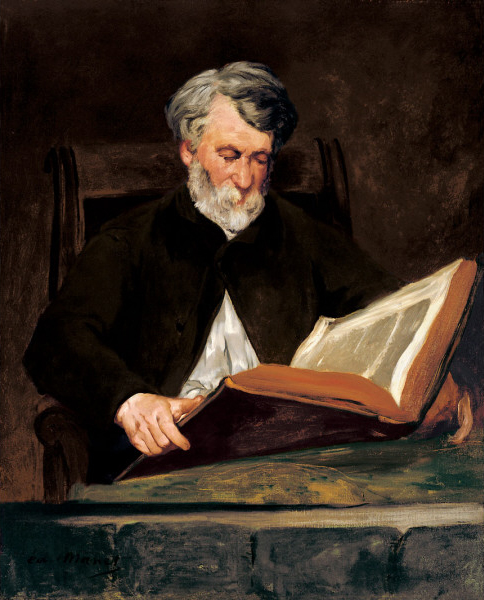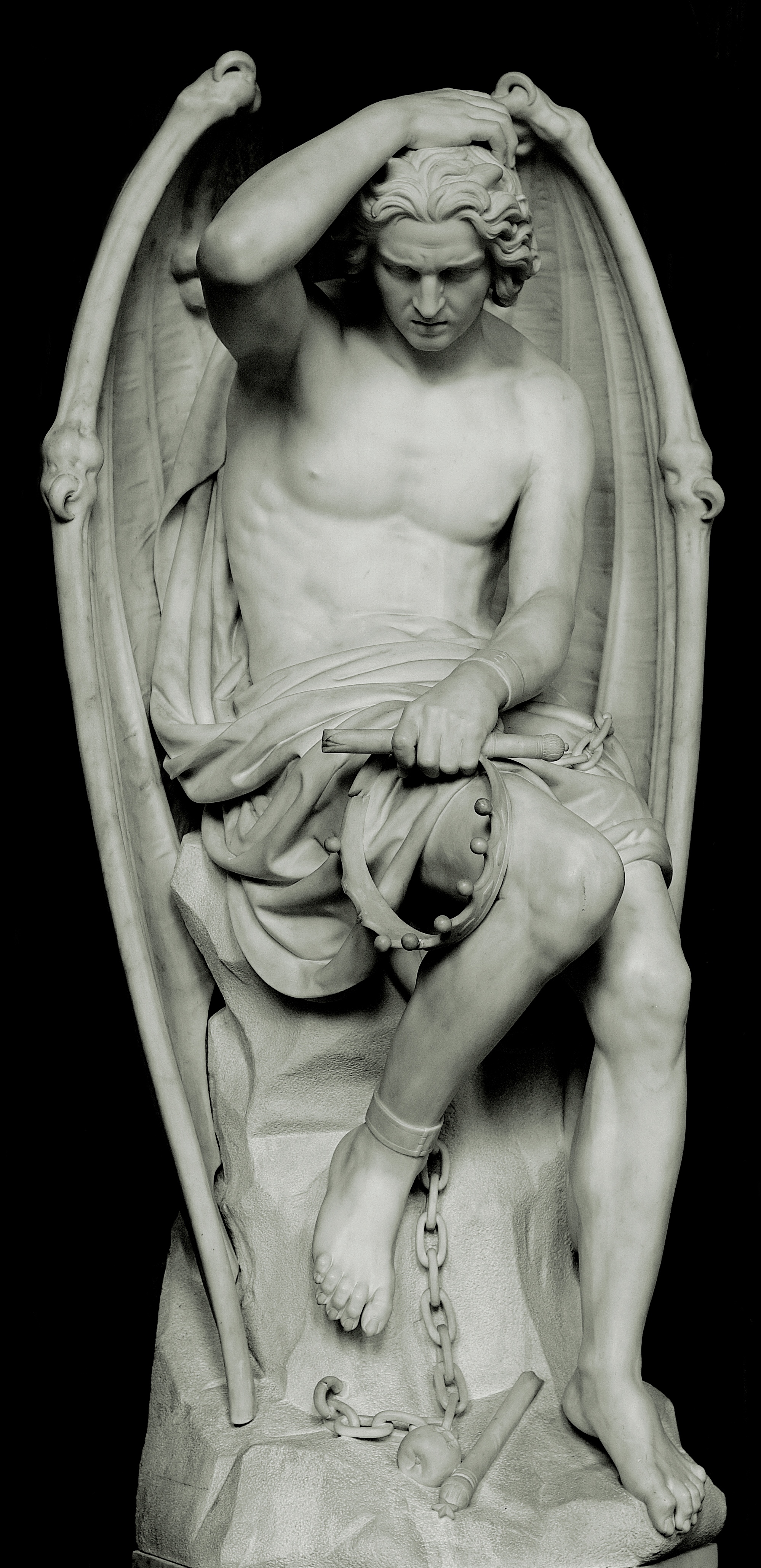- Watching Kurosawa's Rashomon at BYU's International Cinema as an undergrad
- Discovering the art of the personal essay as Pat Madden read Asymptosy in the Harold B. Lee Library
- Reading, researching, and writing about Paradise Lost
In retrospect, I think I would have enjoyed following the Mormon rabbit further down the rabbit hole, and almost wish I could have a do-over. But when I sat down to write the shorter writing assignment (which, like Greg, I found invaluable), I felt a bit overwhelmed at the prospect of wrapping my head around such a multifaceted issue without the benefit of three-hundred years worth of historians winnowing away at the facts. And I was becoming enamored by both the harmony and dissonance I saw between Areopagitica and Paradise Lost. Specifically, I was fascinated by the fact that Milton decries forcible gatekeeping in Areopagitica as contrary to "the manner of God and nature," but saw a God who Paradise Lost who proscribed the spread of knowledge in a variety of ways. I couldn't help but ask why Milton would have reversed this claim after being so unjustly censored and imprisoned by the restored monarchy.
Ironically, as I started to research in earnest, I found myself connecting much more frequently in person than online. I think what I appreciated about face-to-face social research was how quickly I was able to get social proof each time. Whether it was a chat with Greg as we crossed campus after class, an intrusion on Gideon or Jason Kerr in their respective offices, or conversation with fellow graduate instructors in the carrels of the JFSB, conversing real-time gave me the chance to instantly pick up some new insight and gauge (sometimes through non-verbal feedback) whether I was on track.




.jpg)
.jpg)




